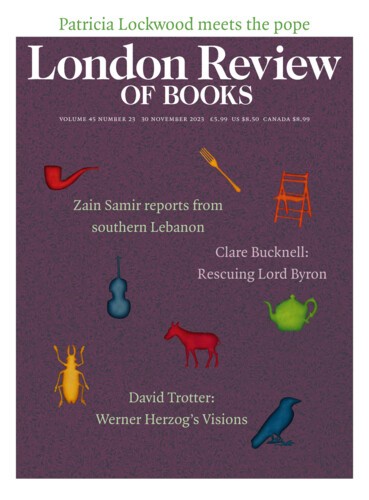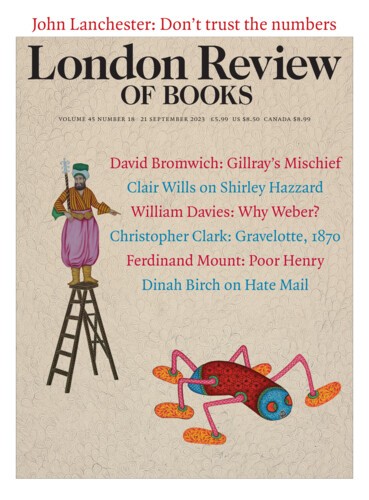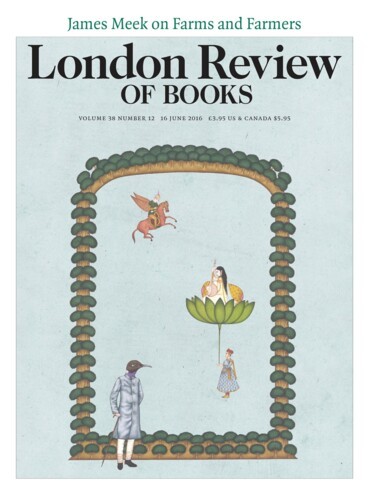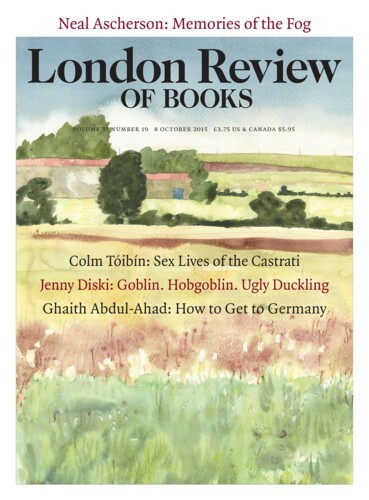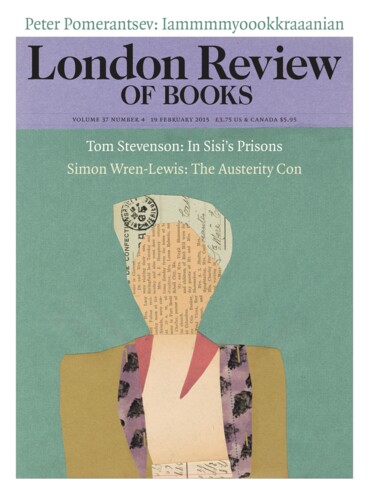Water on the Brain: Spurious Ghosts
Dinah Birch, 30 November 2023
‘Aren’t you tired of them? One hears nothing else nowadays.’ The peevish Mrs Snowdon, a character in Mary Louisa Molesworth’s ‘The Story of the Rippling Train’ (1887), is grumbling about the popularity of ghost stories. Nevertheless, she is gripped by the one that follows. Accounts of the supernatural proliferated in the 19th century, as the certainties...
